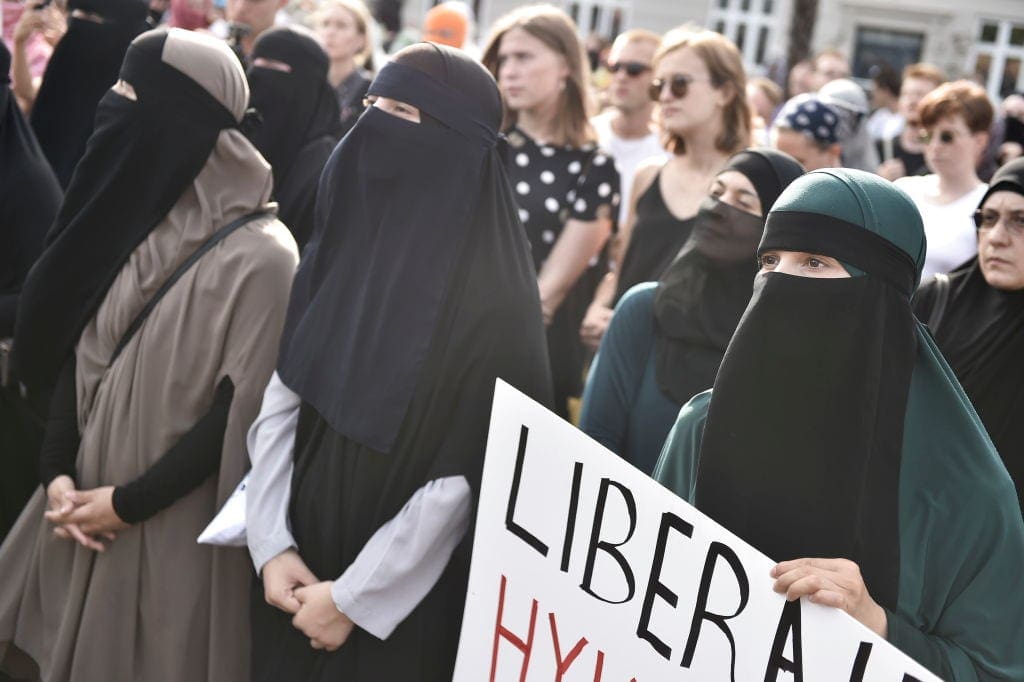As a new law banning the wearing of face coverings in public comes into force in Denmark, Amnesty International’s Deputy Europe Director Fotis Filippou said:
“All women should be free to dress as they please and to wear clothing that expresses their identity or beliefs. This ban will have a particularly negative impact on Muslim women who choose to wear the niqab or burqa.
“Whilst some specific restrictions on the wearing of full face veils for the purposes of public safety may be legitimate, this blanket ban is neither necessary nor proportionate and violates women’s rights to freedom of expression and religion.
“If the intention of this law was to protect women’s rights it fails abjectly. Instead, the law criminalizes women for their choice of clothing – making a mockery of the freedoms Denmark purports to uphold.”
Background
The Danish ban follows similar recent bans on full face veils in Belgium, France, the Netherlands, Bulgaria and parts of Switzerland.
The new Danish ban on covering the face in public places includes the niqab and burka as well as false beards, masks and other ways of obscuring the face in public. Key arguments from proponents of the new law centered on an alleged need to ensure that no Muslim women or girls are being forced to wear full-faced clothing, maintaining that this ban would help ensure better integration of asylum-seekers and migrants into Danish society.

